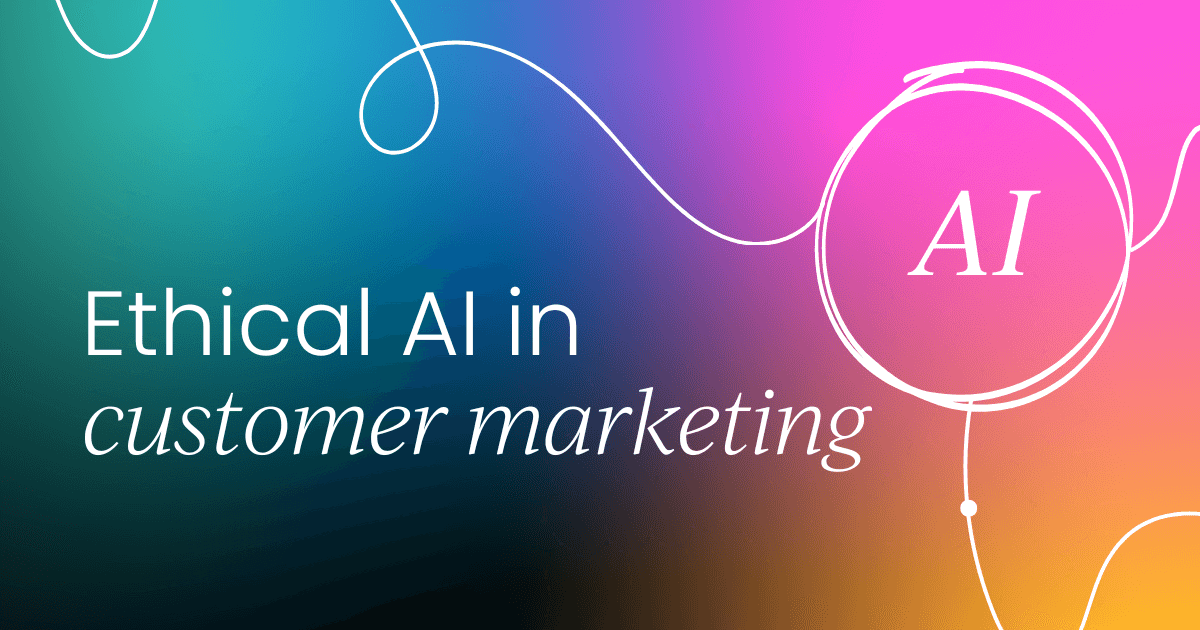Artificial intelligence (AI) is now at the heart of how businesses engage with customers.
From personalization to predictive analytics, AI has the power to transform marketing strategies, driving deeper connections and delivering measurable results.
But with this potential comes responsibility. Without the right guardrails, AI can compromise trust, create bias, and erode customer relationships.
By embedding ethical principles into AI-driven marketing, organizations can innovate confidently while protecting customer rights, fostering loyalty, and strengthening their brand.
This balance between innovation and integrity is what will define the next era of customer engagement.
Understanding ethical AI is essential for responsible marketing
AI, at its core, refers to technologies that enable machines to mimic human intelligence. In marketing, this capability opens up opportunities to analyze vast amounts of data, automate processes, and enhance customer engagement and targeting.
Common examples include chatbots, personalized product recommendations, and predictive analytics.
But with these capabilities come important ethical considerations.
Ethical AI requires us to evaluate the implications of these technologies on privacy, fairness, and the broader societal impacts of automated decision-making in marketing. It’s about asking not just “Can we do this?” but “Should we do this?” and “How should we do this responsibly?”
Prioritizing ethical practices isn’t just the right thing to do. If you think about it, everyone’s using AI right now, but not many companies are making their ethical use of it a USP. So, in actual fact, ethics is a competitive advantage.
Organizations that embed ethics into their AI strategies build stronger trust with customers and stakeholders, enhancing brand reputation.
On the other hand, those that neglect this responsibility often face significant pitfalls: breaches of trust, public backlash, and long-term damage to their reputation. And let me tell you, this impact doesn’t simply fade away over time.
Instead, you can begin to focus on ethical AI to avoid these risks, safeguard customer relationships, and set themselves up for sustainable success in the evolving world of customer marketing.
Key applications of AI in customer marketing
AI technologies have transformed customer marketing, making it possible to deliver highly tailored experiences and improve the quality of every interaction.
When used thoughtfully, these tools can deepen engagement, strengthen loyalty, and create measurable business growth.
1. Personalization
One of the most powerful applications is personalization. AI enables marketers to deliver content and recommendations based on individual customer behavior and preferences.


 5 min read
5 min read
 Follow us on LinkedIn
Follow us on LinkedIn



